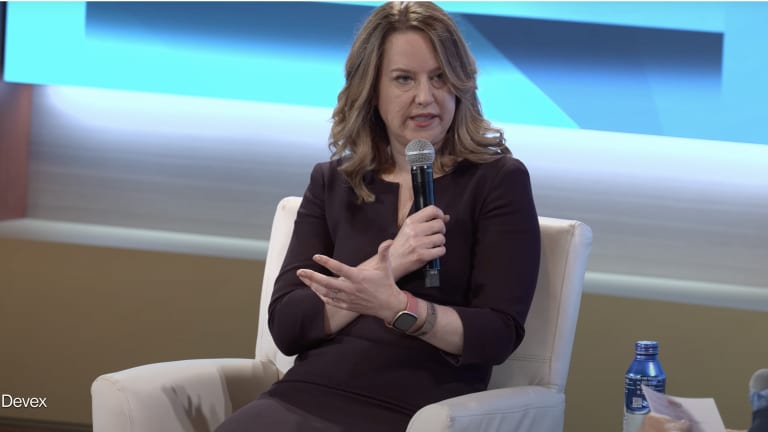Opinion: There can be no sustainable development without migration
This week, global leaders gather to assess progress in achieving the 2030 Agenda for Sustainable Development, a road map for all nations to navigate the most pressing challenges for people around the globe. Unfortunately, this task is becoming increasingly difficult as climate change destroys the fragile progress made by many communities — and our collective failure to empower millions of migrants whose talents are critical for sustainable outcomes is setting us back even further.
In Libya, the worst storm in recent history has destroyed cities, killed thousands of people, and left thousands more homeless and vulnerable. In the Asia-Pacific region, entire countries face existential threats as sea levels rise and typhoons rage. In North America and Europe, wildfires this past summer terrorized communities, making the air itself dangerous and unbreathable. These catastrophic climate changes compound existing conflicts or fuel new ones, and increase the rate of displacement of vulnerable communities.
The gap between those who are equipped with the resources to withstand these disasters and those who are forced to flee their homes grows by the day.
Search for articles
Most Read
- 1
- 2
- 3
- 4
- 5








